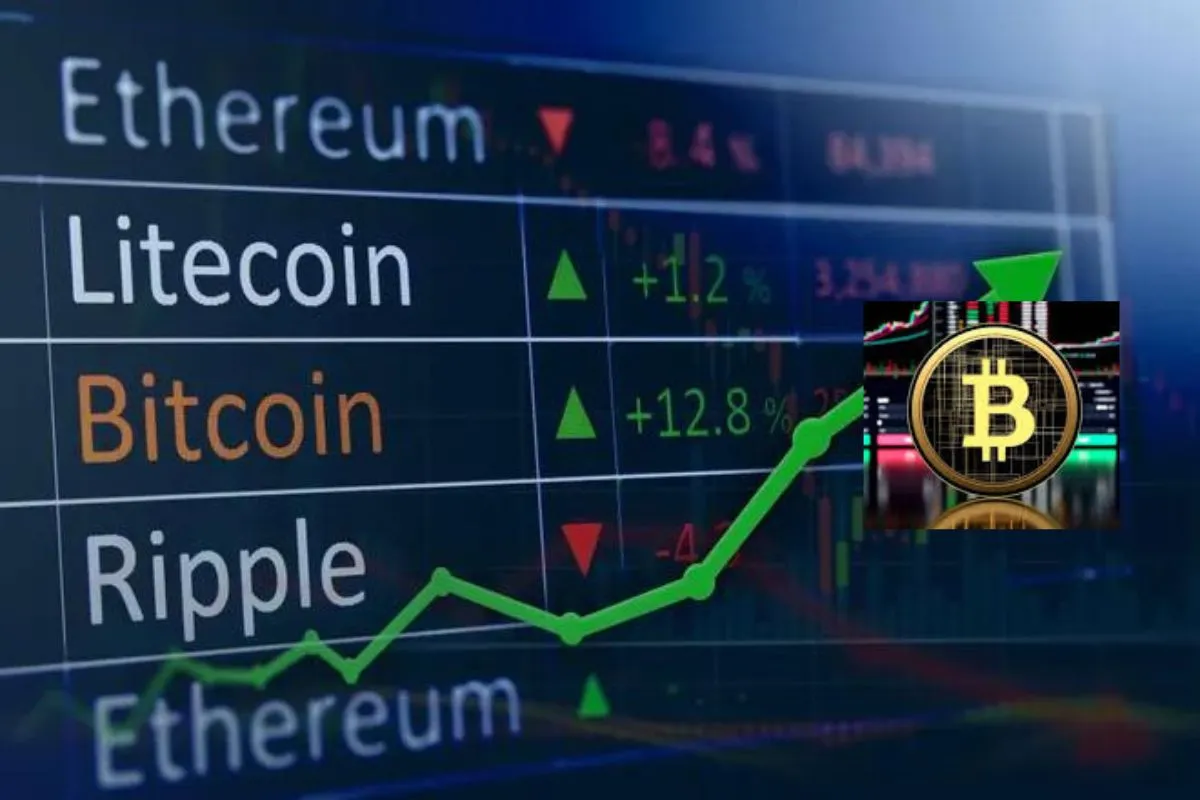Is Bitcoin in Year 2024, Will Be Decisive?

Bitcoin, a decentralized digital currency functioning on a peer-to-peer network, enables direct transactions without intermediaries like banks. Launched in 2009 by an anonymous entity using the pseudonym Satoshi Nakamoto, Bitcoin relies on blockchain technology, a distributed ledger recording all transactions across a computer network.
With a capped supply of 21 million coins, akin to precious metals, Bitcoin ensures scarcity. Transactions are secured through cryptographic techniques, guaranteeing the currency’s integrity and security. As a decentralized and borderless currency, Bitcoin challenges traditional financial systems, sparking discussions on the future of money and financial innovation.
Despite persistent issues of fraud and scams in the crypto currency landscape, Bitcoin seems poised to overcome its lingering stigma, especially in the face of regulatory skepticism. Anticipation is mounting as U.S. regulators approach a potential approval for a spot Bitcoin exchange-traded fund (ETF), with a decision expected in the coming week. Simultaneously, criticisms aimed at the Securities and Exchange Commission (SEC) for its handling of the DEBT Box case, coupled with concerns about regulatory overreach, have injected unprecedented momentum into the crypto currency market for 2024.
Whether Bitcoin in year 2024 will be decisive?
Bitcoin has already started 2024 on a strong note, reaching $45,000 on January 2, fuelled by expectations of spot ETF approval, before experiencing a modest dip to $42,666 the following day. However, the real risks associated with Bitcoin, especially scams targeting unsophisticated investors, persist. Law enforcement agencies routinely issue warnings about the pitfalls of investing in online crypto currencies, acknowledging the prevalence of fraud, particularly among older individuals less familiar with social media and online trading platforms. The inherent volatility of crypto assets further compounds these risks, with the value of a digital portfolio capable of disappearing overnight.
The recent conviction of former FTX CEO Sam Bankman-Fried on all felony charges in November has cast a shadow over the sector’s reputation. Despite these challenges, analysts foresee a pivotal and transformative year for crypto currency in 2024, citing a convergence of factors. Market participants express frustration with SEC Chair Gary Gensler’s perceived hindrance to digital innovation, accusing him of neglecting legal protocols while attempting to regulate an industry he has openly criticized as “rife with fraud, rife with hucksters.”
Bitcoin’s performance in the early days of the New Year has not gone unnoticed in financial markets. After grappling with the aftermath of the collapse of FTX and other exchanges and enduring a prolonged “crypto winter” throughout 2022 and 2023, Bitcoin’s price oscillating between $20,000 and $30,000, there’s now a sense of resurgence.

The adoption of digital assets is gaining traction within major financial institutions, including BlackRock, the world’s largest asset manager. Previously aligned with Gensler’s skepticism, BlackRock CEO Larry Fink and other financial regulators now recognize the value of digital currencies, seeking avenues to translate this recognition into substantial returns for investors.
Despite a minor setback, widespread belief persists that the long-awaited approval of spot Bitcoin ETFs is imminent, fostering bullish sentiments. John Deaton, a lawyer representing crypto currency platforms in legal battles against the SEC, dismisses rumours of regulatory refusal and foresees a multitude of factors converging to make 2024 a landmark year.
Bitcoin in year 2024; whether it will be a safe investment?
The safety of Bitcoin as an investment depends on various factors, and it’s essential to consider both the potential benefits and risks before deciding to invest. Here are some key points to consider:
Benefits:
- Decentralization: Bitcoin operates on a decentralized network, meaning it is not controlled by any single entity or government. This characteristic can provide a level of independence from traditional financial systems.
- Limited Supply: Bitcoin has a capped supply of 21 million coins, fostering scarcity. This feature is often compared to precious metals and may contribute to potential long-term value.
- Global Transactions: Bitcoin enables borderless and direct transactions, allowing individuals to send and receive funds globally without the need for intermediaries like banks.
- Store of Value: Some investors view Bitcoin as a store of value similar to gold, especially in times of economic uncertainty.
Risks:
- Volatility: Bitcoin’s value can be highly volatile. Prices can experience significant fluctuations over short periods, which may pose challenges for risk-averse investors.
- Regulatory Environment: The regulatory landscape for crypto currencies is evolving. Changes in regulations, or the introduction of new regulations, can impact the market and investor sentiment.
- Security Concerns: While Bitcoin transactions are secured through cryptography, there have been instances of hacking and security breaches on crypto currency exchanges. Storing Bitcoin securely is crucial, and investors need to take appropriate measures to protect their holdings.
- Market Perception: Public perception and sentiment can influence the value of Bitcoin. Negative news or events in the crypto currency space can lead to price declines.
- Lack of Regulation: The absence of a centralized authority regulating Bitcoin means that investors may have limited recourse in the event of fraud or disputes.
In conclusion, whether Bitcoin is a safe investment depends on your risk tolerance, investment goals, and understanding of the crypto currency market. It’s crucial to conduct thorough research, stay informed about market developments, and only invest what you can afford to lose. If uncertain, consulting with financial professionals or advisors can provide valuable insights based on your individual financial situation and goals.
